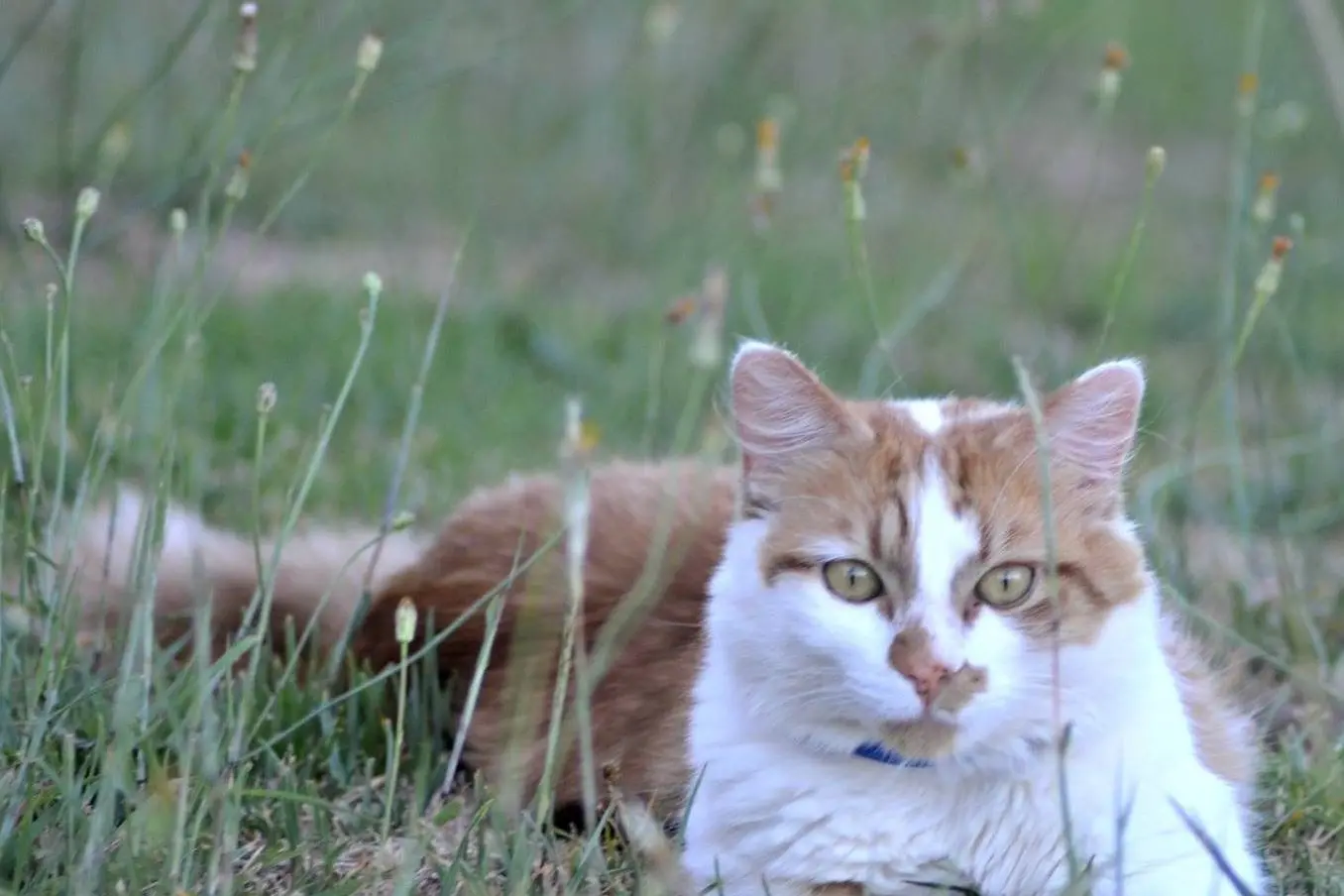PHOTO
The Upper House committee inquiring into the management of cat populations in New South Wales has handed down its report.
The report's 10 recommendations address multiple aspects of cat management, including the importance of desexing and behaviour change programs to encourage responsible cat ownership and reduce the overpopulation of cats.
"It is clear that the overpopulation of cats has serious impacts in New South Wales and that effective cat management strategies are urgently required," Chair of the Animal Welfare Committee Emma Hurst MLC said.
"However, it is important that cat management programs are underpinned by sound scientific evidence to ensure that initiatives are effective and produce the desired outcomes."
Ms Hurst said the committee found there wasn't satisfactory evidence that containment and curfew laws would be effective.
"While the committee recognises that there are benefits to voluntary cat containment, the potential negative consequences of mandatory or punitive cat containment laws are likely to make them unworkable in New South Wales at present," she said.
"It was apparent to the committee that there is currently insufficient evidence that mandatory cat containment and cat curfew laws are effective, and in fact they could have adverse consequences including on the costs imposed on councils and the local community during a cost of living crisis, and significant increases in euthanasia rates.
"The committee therefore encourages the use of education and behaviour change programs to foster the voluntary adoption of cat containment within the community."
The findings in the report included:
- There is an urgent need to implement cat management strategies in NSW to address the overpopulation of cats in NSW, both in urban environments and in the wild
- Key threats to wildlife in NSW include not only introduced species, but also habitat destruction and fragmentation, and a holistic approach to native animals is required
- Desexing programs were broadly supported by the large majority of inquiry participants, and have been proved to be an effective cat management strategy
- That non-for-profit cat rescues and volunteers have played a critical and leading role in the desexing and rehoming of cats in NSW
- Educational and behaviour change programs which encourage and support people to voluntarily keep cats indoors were supported by a majority of inquiry participants, and there is some early positive evidence to support the effectiveness of such programs
- There is insufficient evidence that mandatory cat containment laws or cat curfews at a state or local government level are effective in reducing the number of free roaming cats and therefore reducing impacts on wildlife
- Mandatory cat containment laws are likely to create equity issues and have a disproportionate impact on people from lower socio-economic backgrounds and First Nations communities
- The killing of healthy cats has a severe impact on the mental health and wellbeing of pound, shelter, veterinary and rescue staff and volunteers
- NSW may not be ready to adopt mandatory cat containment laws, whether these laws are statewide or at a local government level
- NSW Government and councils should manage cats in a way that supports the health and wellbing of people, animals and the environment
The committee made 10 recommendations, of which the Government has three months to respond.
The recommendations are:
1 That the Government ensure cat management programs are underpinned by sound, peer-reviewed scientific evidence, with clear objectives and measurable metrics established to evaluate their effectiveness.
2 That the Government provide grants to councils and rescue and rehoming organisations to carry out free and subsidised desexing programs throughout the state, including desexing of 'owned' cats for those on lower incomes, and large scale, targeted community cat desexing programs.
3 That the Government expand the capacity for high volume desexing in NSW through animal welfare agencies, veterinary schools and private veterinary practices.
4 To assist rural and regional councils with desexing programs, the NSW Government should investigate ways to provide additional support including, but not limited to, encouraging metro vets and mobile desexing programs to regularly visit rural and regional areas, providing this does not have a negative impact on local service providers.
5 That the Government, as part of its review of the Companion Animals Act 1998, consider legislative, regulatory and policy changes necessary to support the effectiveness and operation of community cat desexing programs.
6 That the Government provide funding to cat rescue and rehoming organisations to support desexing, care and rehoming costs.
7 That, as part of the upgrade of the NSW Pet Registry and Companion Animal Register, the Government prioritise consultation with rehoming organisations, with a view to ensuring greater access for these organisations.
8 That the Government explore legislative options to regulate the breeding of cats, including consideration of outlawing kitten farming and the sale of cats from breeders in pet shops.
9 That the Government invest in research and trials for humane means of fertility control, such as immune contraceptives and gene drive technology.
10 That the Government should explore options to work with councils and rehoming organisations to fund educational, behaviour-change programs and other support porgrams (such as the provision of cat enclosures) to encourage people to keep cats indoors or contained.
The full report can be found online at https://www.parliament.nsw.gov.au/lcdocs/inquiries/3011/





